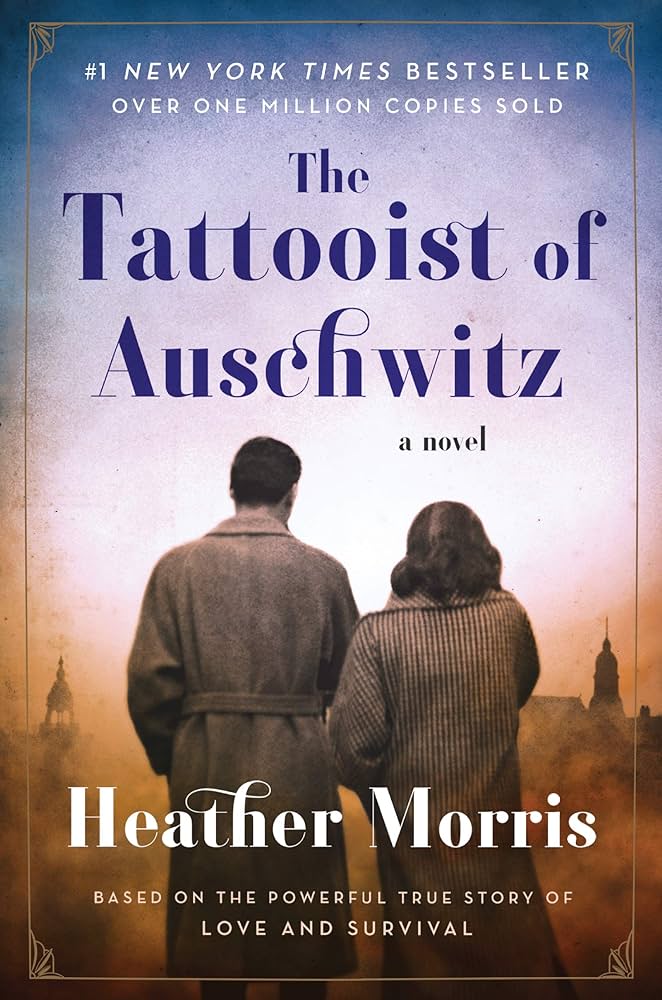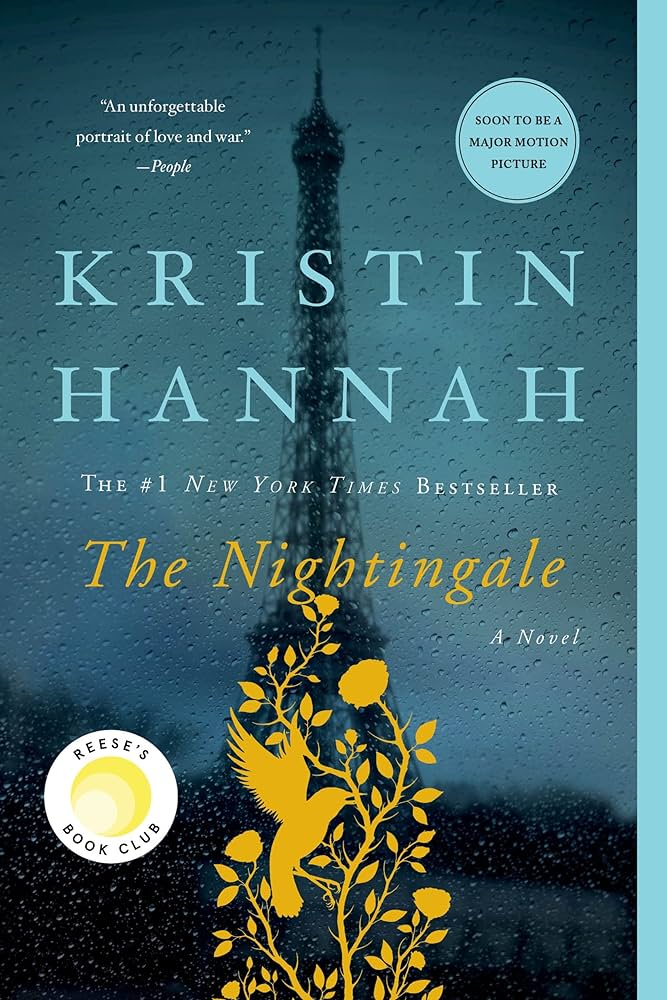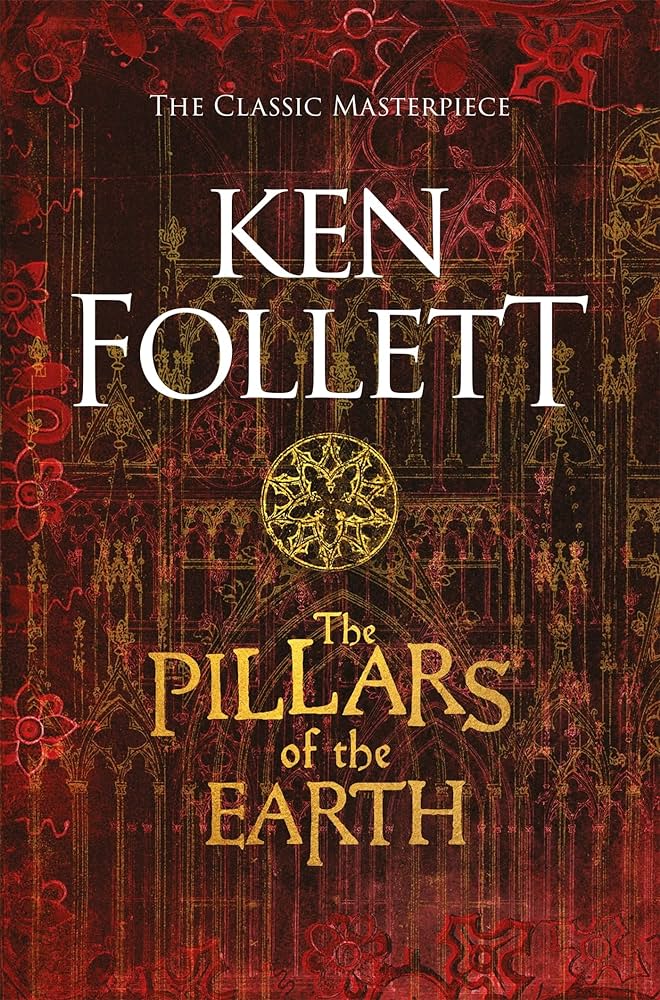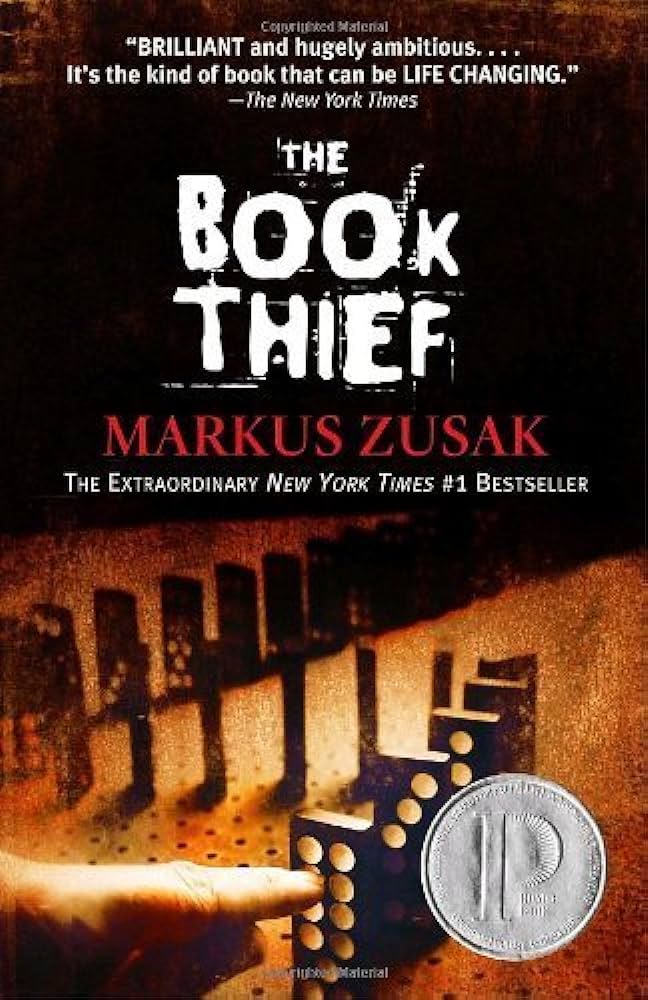
Introduction:
Entering the harrowing world of “The Tattooist of Auschwitz” by Heather Morris is like stepping into the depths of human suffering and resilience amidst the horrors of the Holocaust. As I delved into the pages of this poignant novel, I found myself captivated by its raw honesty, profound humanity, and unwavering testament to the power of love and hope in the face of unimaginable darkness.
Character Analysis:
At the heart of “The Tattooist of Auschwitz” lies the remarkable true story of Lale Sokolov, a Slovakian Jew who finds himself imprisoned in the Auschwitz-Birkenau concentration camp during World War II. Through Morris’s evocative prose, Lale emerges as a beacon of courage, compassion, and resilience in the face of unspeakable atrocities. From his daring acts of defiance and resistance to his enduring love for Gita Furman, a fellow prisoner, Lale’s story is one of extraordinary courage and resilience in the face of unimaginable adversity.
Exploration of Themes:
One of the novel’s greatest strengths lies in its exploration of themes such as love, survival, and the indomitable human spirit. Morris deftly navigates these complex issues with sensitivity and nuance, inviting readers to bear witness to the untold stories of courage and resilience that emerged from the darkest chapters of human history. Through Lale’s experiences, the novel offers a poignant reminder of the enduring power of love and hope to transcend even the most dire of circumstances, and to inspire acts of kindness and compassion in the face of overwhelming darkness.
Narrative Style:
Morris’s narrative style is both haunting and immersive, drawing readers into the heart of Auschwitz with vivid descriptions and heart-wrenching detail. Through Lale’s perspective, she skillfully captures the horrors of life in the concentration camp, as well as the moments of tenderness, connection, and humanity that emerge amidst the brutality of war. With its blend of historical detail, emotional depth, and powerful storytelling, “The Tattooist of Auschwitz” is a novel that resonates long after the final page is turned, leaving readers with a profound appreciation for the resilience of the human spirit and the enduring power of love to conquer even the darkest of days.
Conclusion:
In conclusion, “The Tattooist of Auschwitz” is a powerful and deeply moving testament to the resilience of the human spirit in the face of unimaginable suffering and despair. With its richly drawn characters, immersive setting, and profound exploration of love and survival, Heather Morris’s novel stands as a poignant reminder of the enduring legacy of those who dared to defy tyranny and oppression in the pursuit of love, hope, and freedom. As I closed the final pages of “The Tattooist of Auschwitz,” I found myself deeply moved by its haunting portrayal of the indomitable human spirit and reminded of the importance of bearing witness to the untold stories of courage and resilience that emerged from the darkest chapters of human history.




